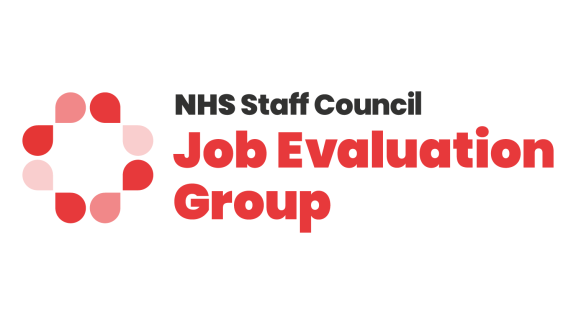Apprenticeship pay guidance and FAQs

On 1 July 2024, the NHS Terms and Conditions of Service (TCS) Handbook was amended to include the following provision:
Section 1: Pay structure (England)
Pay for staff who take up an apprenticeship
1.25 In order that staff do not experience a detriment to their basic pay as a consequence of undertaking career development beneficial to both them and the service, the following pay preservation provision applies.
1.26 This provision covers situations where an existing employee commits to undertake a formal apprenticeship programme in agreement with their current or another NHS employer which, on successful completion, would qualify them for a role* where the evaluated pay band is the same as or higher than the band of their current post. In such cases, for the duration of that programme their basic pay will be the higher of the following -
- The rate for the apprenticeship role that new entrants to the service would receive.
- The pay step point they would receive had they remained in the role they were employed in immediately before commencing the apprenticeship programme. This will include eligibility for pay step progression during the apprenticeship as if they had remained in their prior role.
(see also Annex 30)
Annex 30: Apprenticeships
Section 1 outlines the policy intention that staff will not suffer a detriment to their basic pay when they undertake apprenticeships as part of agreed career development.
“1.25 In order that staff do not experience a detriment to their basic pay as a consequence of undertaking career development beneficial to both them and the service, the following pay preservation provision applies.
1.26 This provision covers situations where an existing employee commits to undertake a formal apprenticeship programme in agreement with their current or another NHS employer which, on successful completion, would qualify them for a role where the evaluated pay band is the same as or higher than the band of their current post. In such cases, for the duration of that programme their basic pay will be the higher of the following -
- The rate for the apprenticeship role that new entrants to the service would receive.
- The pay step point they would receive had they remained in the role they were employed in immediately before commencing the apprenticeship programme. This will include eligibility for pay step progression during the apprenticeship as if they had remained in their prior role.”
This provision extends to basic pay only. Eligibility for enhancements will be based on the contractual requirements of the apprenticeship role. If the apprenticeship role does attract enhancements the rate of payment will be based on the preserved pay band. If the apprenticeship role does not attract enhancements, previous entitlement to enhancements is not preserved.
For the purposes of Section 1, 1.26 a formal apprenticeship programme is a period of employment accompanied by a requirement to study for a formal qualification. For an apprenticeship to qualify it needs to have been approved for delivery by the relevant statutory body, be delivered by a registered training provider and have a registered end point assessment organisation.
The provision of basic pay preservation continues to apply, for eligible staff, on return to an apprenticeship following an agreed break in learning.
All other contractual terms continue to apply for the duration of the apprentice programme.
The following FAQs will help employers and staff understand how this provision may affect them.
FAQs for employers:
FAQs for staff:
Scenarios
NHS Terms and Conditions of Service (TCS) Resource Hub
Please note, the content on this web page can now be found on the NHS TCS Resource Hub, which has resources and guidance to assist employers in understanding and applying the NHS TCS Handbook and NHS Job Evaluation Handbook.


